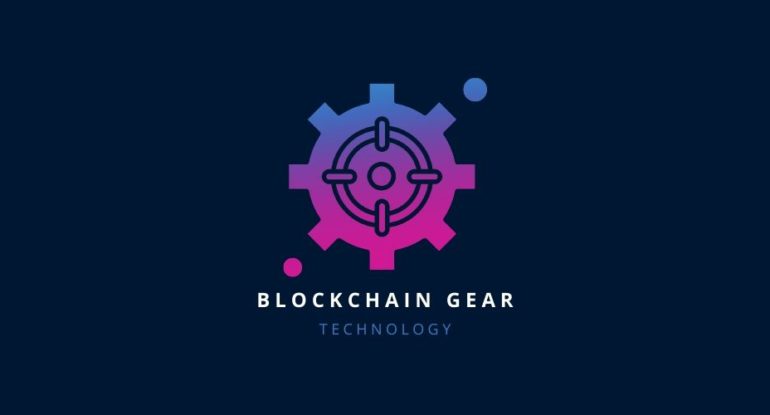Blockchain Technology in real estate: Rebuilding the sector digitally

As blockchain technology has been introduced to the real estate market, it has increased transparency in transactions, increased efficiency in working, and ensured correctness in terms of contract due diligence. While the real estate market is experimenting with various technologies, blockchain promises secure transactions and distribution of digital data.
The real estate industry has altered due to blockchain technology, which has moved transactions from an offline to an online environment. The real estate market, which had never previously done high-value transactions digitally, has taken notice of the technology. Until blockchain and real estate started collaborating, the latter was content with face-to-face encounters that involved intermediaries in the transaction process too frequently.
Building using Blockchain technology has a wide range of uses in the real estate industry. One example is tokenization. It’s an idea that combines blockchain technology with real estate investing. Smart tokens enable asset or fund owners to generate funds more efficiently. They gain access to assets that are far more transparent and liquid.
Blockchain technology divides a specific property into smaller pieces known as tokens, making the transaction process more accessible. As a result, investment becomes a more appealing alternative for various investors while enhancing liquidity, which has historically been limited by many parties and a long trail of paperwork.
Real estate tokens provide investors with a simple entry point, and because the assets have been fractionalized into smaller sections, the tokens’ liquidity has increased. Real estate can make home purchases easier with blockchain technology while also presenting a lucrative revenue stream.
Also, read – DelNorte Terravision DTV: Why A Decentralized Approach With NFTs Will Herald The Future Of Real Estate
With improved market access, blockchain brings a new attitude and a broader investment pool to the real estate industry, making tokenized real estate trade a reality.
Because blockchain technology is based on security, every detail is recorded in a digital token. Tokenization removes any potential for fraud, and all data saved in blockchain ledgers is tamper-proof. There is no paperwork involved, and all parties involved maintain complete transparency.
Once stated, ownership or fractional ownership makes it easier for the investor to evaluate previous or present transactions. Because there are no middlemen or brokers, costs are lower and administrative work is reduced.
Real estate organizations, particularly those in the commercial real estate industry that have adopted blockchain technology, should expect good growth because they will have an advantage over the competition with real-time information and transactions. For many firms, this transition has radically changed basic operational operations such as sale, purchasing, leasing, etc.
Future problems to be solved with Blockchain technology
By 2030, blockchain technology is expected to be employed as a fundamental technology by industry and governments worldwide for 30% of customers. Blockchain is anticipated to generate another $176 billion to global corporate value by 2030, bringing $3.1 trillion.
While the goals and benefits of blockchain technology for the real estate industry are well-defined, its acceptance may take some time, but it is unavoidable. The e-registration of properties demonstrates the government’s willingness to embrace technology. The country has a world-class talent pool in technology and blockchain-related fields, which will aid it in breaking into various elements of real estate. From April 1, this tax incentive on house loans will no longer be available.
It will take a few years before we see blockchain technology being used to its full potential as the globe continues to experiment with its use in newer areas of real estate. Interoperability of networks and data localization will undoubtedly aid the sector’s growth, as the performance and scalability of blockchain remain significant focus areas.
Blockchain adoption is critical for the Indian real estate industry’s future since it completes transactions easily and quickly, requires minimal manual intervention, and improves the system’s overall efficiency by ten.




























































